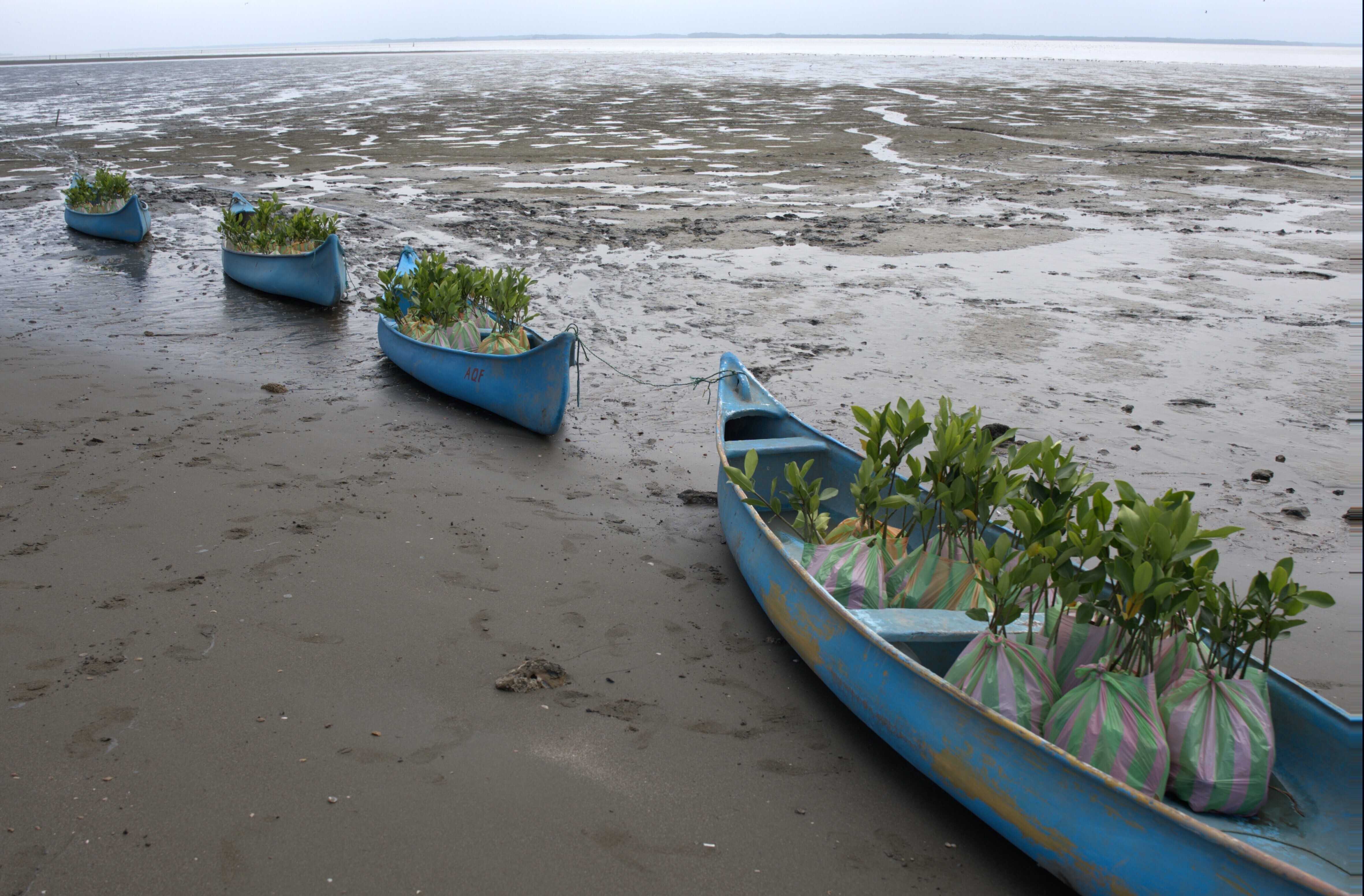Aquaman Jason Momoa speaks up for the ocean – and other environment stories you need to read this week

Top environment and climate change stories to read this week: Aquaman star Jason Momoa has made a call to protect the ocean. Image: REUTERS/Pedro Nunes
Listen to the article
- This weekly round-up brings you some of the key environment stories from the past seven days.
- Top stories: Aquaman star Jason Momoa speaks out on need to save ocean; Denmark introduces Europe's highest carbon tax; Biodiversity loss would impact world's credit ratings, study shows.
1. News in brief: Top environment and climate change stories to read this week
Las Vegas is ripping up millions of square feet of grass – including along its famous strip – as the city struggles with a decades-long drought made worse by climate change.
Seville has introduced a pioneering system to name and classify its frequent heatwaves, linking meteorological forecasts to health impacts in the Spanish city, Mayor Antonio Muñoz says.
In Bangladesh, climate change is likely to have worsened the rains that caused catastrophic flooding across the country, scientists say.
Australia's carbon emissions rose by nearly 1% in 2021, as travel picked up and manufacturing activity recovered after COVID-19, the government said on 27 June.
The European Parliament has voted on three policies to cut climate emissions faster this decade, including an overhaul of the EU carbon market, its main tool for tackling climate change.
What’s the World Economic Forum doing about climate change?
Firefighters have been tackling a wildfire in southwest Turkey, where municipal officials warned that national authorities were unprepared even after last year's devastating fires revealed a lack of planes and personnel.
Danish lawmakers have agreed a new corporate carbon tax that will be the highest in Europe. The levy will target companies inside and outside the EU's carbon quota system.
Finland plans to build a hydrogen transmission network to help reduce carbon emissions and bolster the long-term security of its energy supplies, following its decision to stop using Russian gas.
The US government is partnering with 11 states on the east coast to accelerate the development of offshore wind facilities and create jobs by supporting a domestic supply chain for the industry.
Efforts to draft an ambitious global agreement on halting nature loss ended with the wording for only two of 20 goals agreed, leaving limited time for brokering a biodiversity pact at the next UN Biodiversity summit in December.
Greece will offer households subsidies to help them replace their old fridges and air conditioners and cut down on soaring power bills.
2. Aquaman's Jason Momoa fights for the ocean in real life
Hollywood actor Jason Momoa is taking his role as Aquaman, protector of the deep, off-screen to fight for the ocean in real life.
The soon-to-be UN Environment Programme advocate for Life Below Water took part in an event on a Portuguese beach ahead of the United Nations Ocean Conference in Lisbon, which starts on 27 June.
"Without a healthy ocean life, our planet as we know would not exist," Momoa said.
Around 7,000 people, from heads of state to environmental activists, are expected to attend the conference, which was postponed from 2020 to this year due to the coronavirus pandemic.
Dozens of youth activists from various countries clapped and cheered as Momoa spoke about the problems facing the world's oceans.
"We must seek to right the wrongs we have done against our children and grandchildren, turn the tide on our irresponsible stewardship and build momentum for a future where humanity can once again live in harmony with nature," he said.
3. Mass biodiversity loss would slash global credit ratings, report warns
Major global biodiversity loss could cause enough economic damage this decade to severely cut more than half of the world's sovereign credit ratings – including China's, the first major study on the issue warns.
The research – published on 23 June by a group of British universities – looks at a range of scenarios, including one where a partial collapse of key ecosystems savages nature-dependent industries such as farming and fishing on which many economies rely.
It estimates that the detrimental impact would result in 58% of the 26 countries studied facing at least a one notch downgrade of their sovereign credit rating.
As ratings affect how much governments have to pay to borrow on global capital markets, the downgrades would result in $28 billion to $53 billion of additional interest costs annually.
"The ratings impact under the partial ecosystem services collapse scenario is in many cases significant and substantial," the report says, adding that those additional debt costs would mean governments have even less to spend and that things such as mortgage rates would go up.
Don't miss any update on this topic
Create a free account and access your personalized content collection with our latest publications and analyses.
License and Republishing
World Economic Forum articles may be republished in accordance with the Creative Commons Attribution-NonCommercial-NoDerivatives 4.0 International Public License, and in accordance with our Terms of Use.
The views expressed in this article are those of the author alone and not the World Economic Forum.
Stay up to date:
Future of the Environment
Related topics:
Forum Stories newsletter
Bringing you weekly curated insights and analysis on the global issues that matter.
More on Nature and BiodiversitySee all
Vicky Stratigaki and Noa Ligot
November 18, 2025







